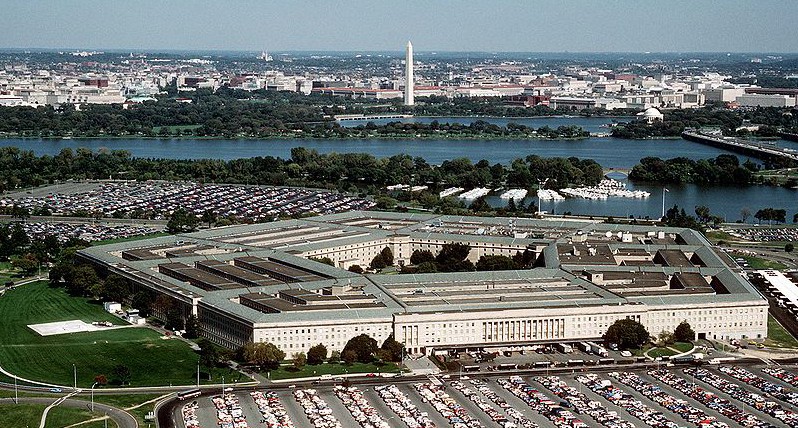No longer can I ignore the imitable elephant in the room. Pyongyang’s various declarations of imminent destruction have become more and more frequent, and so it is with a heavy hand that I write this week of the immense and controversial issue that is the escalation of tensions on the Korean peninsula. I wrote a month ago of the necessity to treat North Korea as an equal but there remains a great amount to be said and many questions to be asked.
In particular, I’d like to talk about one phenomenon arising from the recent controversy surrounding North Korea. The New York Times ran an article three days ago comparing the speculation in the intelligence community surrounding the nuclear capabilities of North Korea to that in the community regarding WMDs in the months prior to the invasion of Iraq. It is, for the most part, an acknowledged comparative stretch—the differences between pre-invasion Iraq and North Korea today are numerous, and the cases are vastly different in their logic (it is almost universally agreed that Korea actually does have nuclear capability) and in their end goal (no one is arguing, at least yet, to invade North Korea).
However, ten years on there remains in Washington a similar discord among the intelligence community about foreign threats and national security. In spite of all the controversy surrounding the invasion of Iraq, or perhaps because of it, the fractured relationship between the Department of State and the Pentagon might again come to dominate the landscape of American foreign policy. A recent (and seemingly mistakenly declassified) document coming out of the Defense Intelligence Agency, the intelligence arm of the Pentagon, made public by Representative Doug Lamborn of Colorado during a House hearing last Thursday, states with “moderate confidence” North Korean ability to arm a long-range nuclear missile. The statement was immediately disputed by Director of National Intelligence James Clapper, and even by those within the Pentagon itself, but the words reveal the central issue surrounding the North Korean conflict, the difference between “demonstration” and “ability.” Hawks in the Pentagon believe, upon analysis, that North Korea has the ability to “miniaturize” their nuclear capabilities and arm a missile. More reasonable groups argue that, because Pyongyang has not demonstrated such ability in any way, it is an incredibly large and serious assumption to make. If we do decide to look at these events in light of the build up to the invasion of Iraq, it would certainly seem that again, as in 2003, the Defense Intelligence Agency could be stretching evidence in order to further their agenda.
It shouldn’t be a surprise that the Pentagon is again leading the hawkish charge of the American right, even with Chuck Hagel now in charge, and shades of the neo-conservatism that pushed America into war in 2003 are still present in the discussion over North Korea. Even Dick Cheney, the surly paragon and lord of all neo-cons everywhere, recently threw in his ridiculous two cents. On the one hand are those who support missile defense spending (something President Obama cuts by $500,000,000 in his 2014 budget) and a sizable buildup of American military presence in East Asia. These groups have already bolstered missile systems in Alaska and have just announced the rushing of a missile system, scheduled for delivery in 2015, to Guam. On the other is the State Department who are still reaching out, at some times even secretly, to institute a dialog with Pyongyang.
In 2003, those at the Pentagon and their backers got their wish. Ten years later America still reels from the consequences. Though it is a stretch to immediately equate Iraq and North Korea, the comparison poses questions that need to be asked of the Pentagon, and particularly of their Defense Intelligence Agency: Can we trust you? Should we? Why would we? We are, thankfully, far from the point that we were at in 2003, but let us pause to think on facts and to question the very same institutions that so easily and quickly deceived the American people a mere ten years ago.

Carter Johnson is the Chalmers Johnson of BPR.